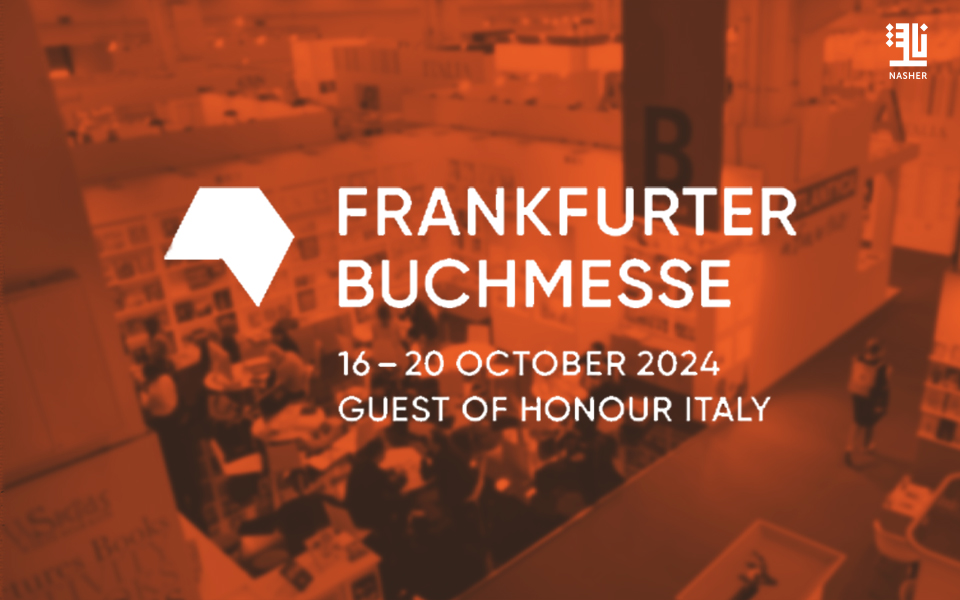The Frankfurt Book Fair, the world’s largest trade fair for books, celebrates its 75th anniversary this year, marking a significant milestone in the history of the global publishing industry. First held in 1949, the fair has grown into an international hub that connects publishers, authors, agents, and other stakeholders, playing a crucial role in shaping the future of the book world.
The origins of the Frankfurt Book Fair can be traced back to the Middle Ages. Frankfurt, known as a central trading hub, was hosting book fairs as early as the 15th century. However, after World War II, Germany was rebuilding its infrastructure, and the fair as we know it today was established in 1949 by the Börsenverein des Deutschen Buchhandels (German Publishers and Booksellers Association). The first post-war fair had a modest attendance of around 205 exhibitors from 17 countries, but its success set the stage for its rapid growth.
Throughout the decades, the fair expanded its scope and influence, attracting exhibitors and visitors from all corners of the world. By the 1970s, it was not just a German or European event, but a global gathering, with participants from countries in Asia, Africa, and the Americas. The fair became a platform for discussions on pressing issues in the publishing world, from copyright to technological innovations, such as the introduction of e-books and the rise of digital publishing.
The Frankfurt Book Fair has maintained its reputation as the premier event for the global publishing industry. It provides a vital space for the negotiation of book rights, which is a core aspect of the publishing business. Agents, publishers, and scouts use the event as a marketplace to buy and sell translation and distribution rights, and some of the most significant international publishing deals have been sealed during the fair.
In addition to its role in rights trading, the fair has also become a cultural event. With more than 7,000 exhibitors from over 100 countries attending in recent years, the event is not only about business but also about fostering cultural exchange. Every year, the fair features a Guest of Honour country, which showcases its literary traditions, authors, and cultural heritage. This initiative highlights the diversity of world literature and promotes mutual understanding among nations through books and storytelling.
Moreover, the fair plays a significant role in addressing current trends and challenges in the publishing industry. From tackling the rise of self-publishing platforms to exploring the impact of artificial intelligence in content creation, the fair serves as a forum for discussing how technology and market trends are shaping the future of books.
As the Frankfurt Book Fair marks its 75th anniversary, it continues to be a driving force in the publishing industry. Despite challenges such as the global pandemic and shifts in media consumption, it remains a vital platform for fostering relationships, driving innovation, and promoting global literature.







